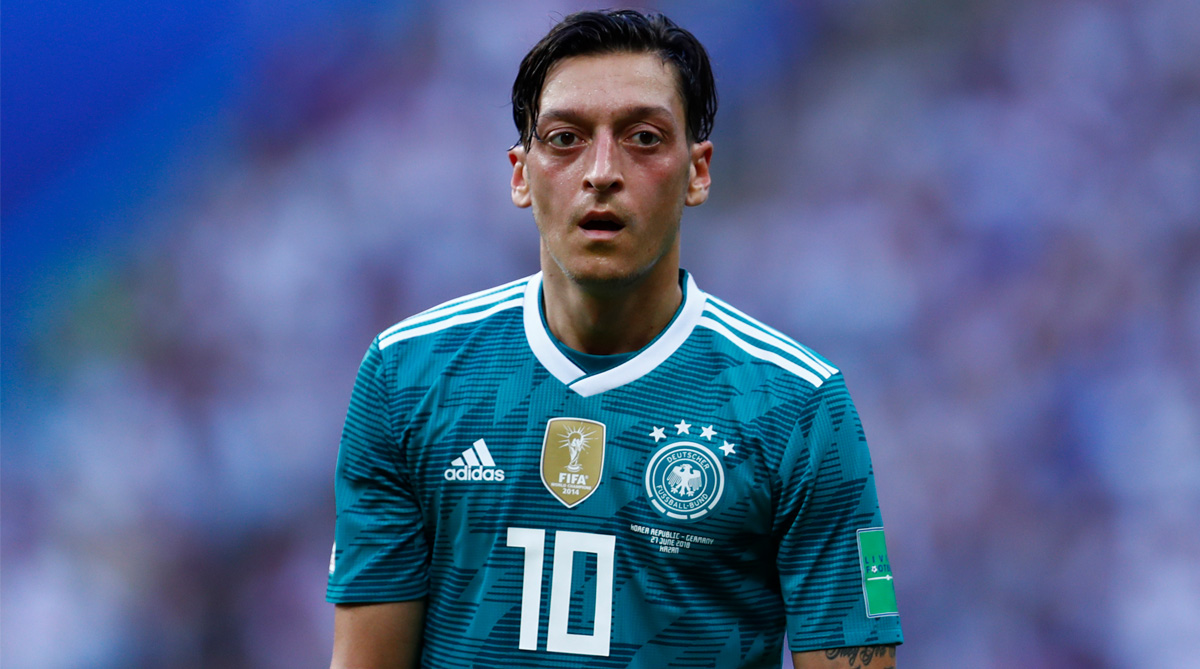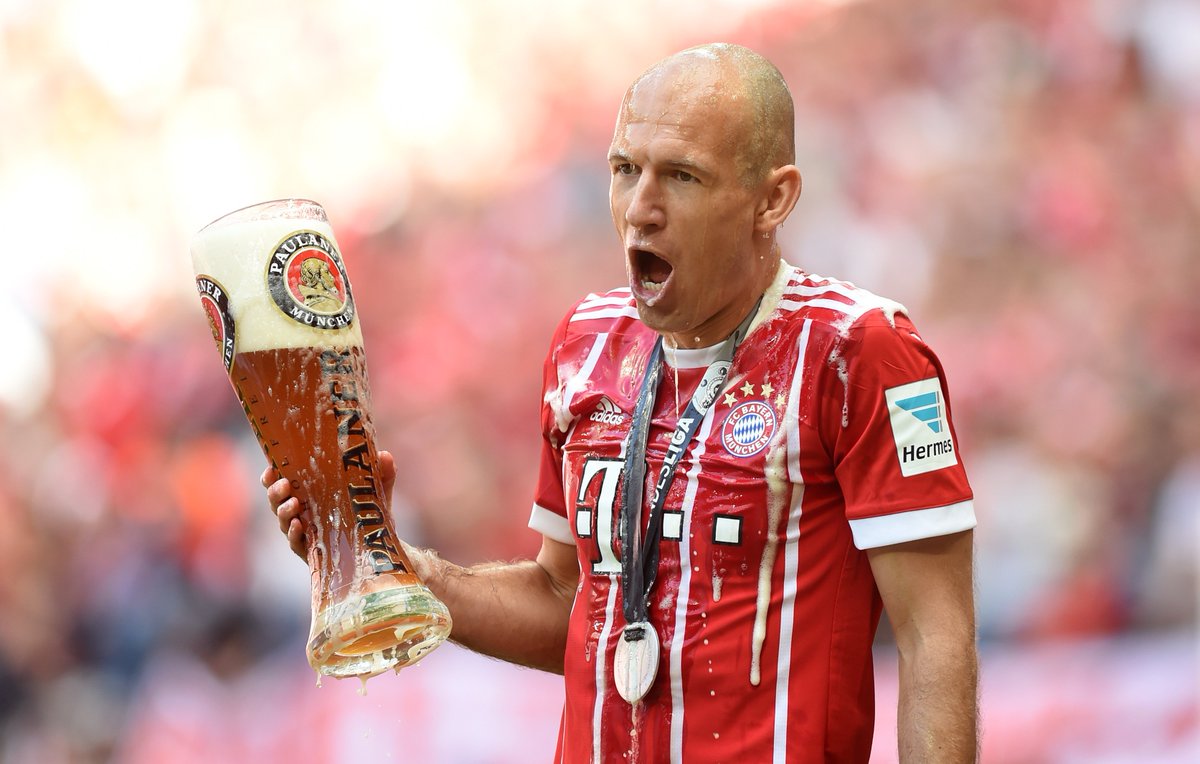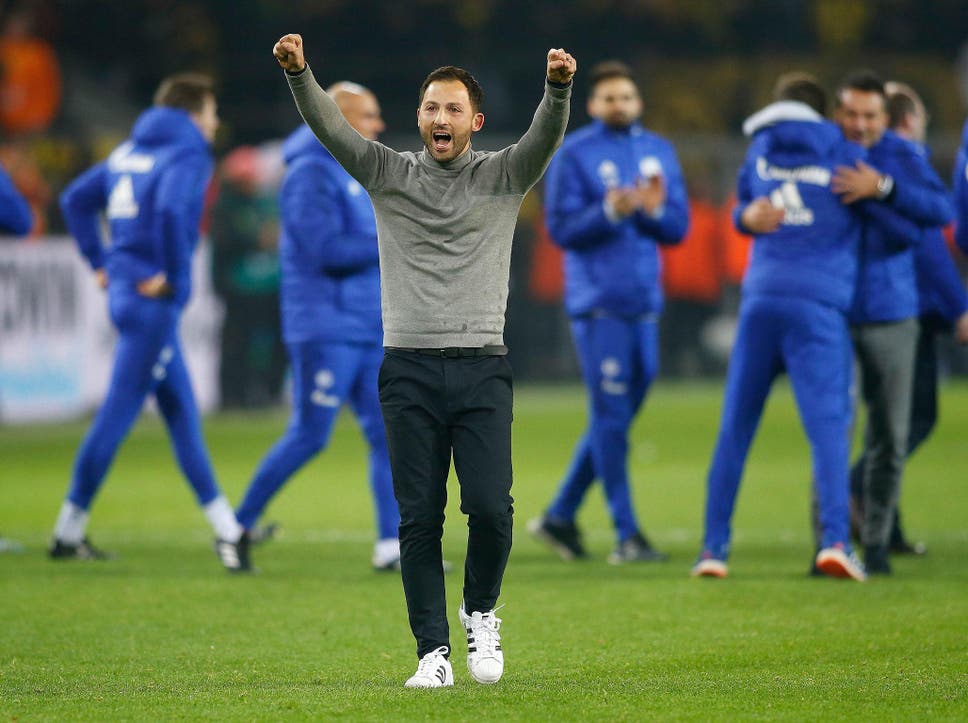Feature Photo: © Corriere dello Sport
***
“Ci Vediamo in Spaggia”, it read.
Loosely meaning “see you on the beach”, the tongue-in-cheek headline in Corriere dello Sport, following Die Mannschaft’s 0-2 defeat by South Korea in Russia, might have raised a faint smile from even the glummest of German football fans.
Save for a memorable last minute free kick winner by Toni Kroos against Sweden, Germany’s World Cup was a lackluster affair. And the subsequent fallout from their group stage exit – the first time they have failed to progress at a World Cup since 1938 – was far less comfortable to bear than an Italian billboard quip. Or even an overdose of Rimini sun.
Not since the “Giant-killing at Giants Stadium” in USA ’94, when they were defeated at the quarter final stage at the hands of Bulgaria and her famous sons – Stoichkov and Letchkov – has a World Cup departure given rise to such public scrutiny of German football. And that looks small fry by comparison.
The debate in Germany has on occasion been constructive in its nature. An acceptance has grown among commentators that the national team’s failure owed much to a formulaic possession-heavy style and a complacent attitude that led them to avoid risks in their offensive play. With these things in mind it is interesting, though not totally unsurprising given his overall record, that Jogi Löw has retained the support of those at the top.
At other times pragmatic introspection gave way to rancor. What gained most attention, and certainly the interest of the press, was the unceremonious resignation of Mesut Ozil from the international theater following a below-par tournament and the very public spat that ensued with DFB President Reinhard Grindel. Absorbing issues including racism, the challenges of migrant community integration and even the meddling of a foreign leader, the debate started to look less of a German football problem and more an allegory for political discourse the world over.
Calcio looks very easily the microcosm of wider society at such times.

Back to the football.
Criticism of the predictability of Löw’s underlings might justifiably be extended to the Bundesliga first division title race. When Bayern Munich play host to Hoffenheim at the Allianz Arena in the season opener, they do so defending a crown that was won a massive 21 points ahead of their nearest challengers last time around.
German football was by no means alone in having runaway winners in the 2017-18 campaign; only Serie A provided end of season drama among Europe’s best leagues. With the reigning German champions gunning for a seventh consecutive title, football purists will hope that, in the interests of a competitive hunt, they show some of the complacency that was the national team’s undoing.
Niko Kovac – who won the title with Die Bayern as a player – fills the shoes of club legend Jupp Heynckes, and with a reputation as a skilled man-manager, is expected to win it again as head coach. By far his hardest challenge will be to bring success on a different stage – no Bundesliga side has competed in a major European final since the all-German Champions League decider in 2013.
Kovac inherits a decorated – albeit aging – squad including household names Manuel Neuer, Thomas Müller and the ‘Robbery’ duo. In recruiting Leon Goretzka and Alphonso Davies he has begun the process of transitioning away from a reliance on veteran campaigners.
In the event that Bayern Munich do stumble in this year’s Bundesliga season, it will fall to the also-rans of recent years to take advantage, in the spirit of Mexico and South Korea at the World Cup.

Who can realistically challenge them?
While no one team can match Bayern for sheer talent, Borussia Dortmund is probably the best-equipped to confront their dominance. New coach Lucien Favre has acquired a reputation for rejuvenating ailing Bundesliga sides and acted quickly after his appointment to bolster his new squad with the signings of Thomas Delaney and Axel Witsel. They bring a combination of steel and intelligence to the center of the park.
Native Dortmunder Marco Reus, who has a longstanding and fruitful relationship with Favre, has been appointed club captain and will lead the line providing he remains injury-free. Above all, Favre’s fluid style will suit Dortmund and his efficacious policy of in-match positional rotation marks them as the most versatile of the chasing pack.
Young German-Italian coach Domenico Tedesco meanwhile, who guided Schalke to a second place finish in his first season at the helm, has shown a tactical nous beyond his years – mixing quick counter-attacks with aggressive pressing against sides which sit deep defensively. Improving upon his first season in charge is a tough ask but not beyond him. He has added Bundesliga pedigree in the form of Salif Sane, Omar Mascarell and Mark Uth in defense, midfield and attack, respectively.
For both Favre and Tedesco, with their relatively thin squads, handling the dual demands of Champions League competition and the domestic season will in no small part determine their effectiveness in challenging Bayern at the top.

Elsewhere Bayer Leverkusen, under coach Heiko Herrlich, boast some of the best young attacking talent in the Bundesliga and go into the new season having kept hold of highly rated prospects Leon Bailey and Julian Brandt. Their blitzkrieg style though is countered by a rigid defense that is vulnerable at set pieces and will be difficult to sustain over the course of the season.
RB Leipzig – still the new kid on the block following a very successful debut Bundesliga first division season in 2016-17 – and the only top flight club located inside the territory of the former German Democratic Republic – complete the list of pretenders to Bayern’s crown. Ralph Rangnick leads the side for just one season on an interim basis, which may prove unsettling. Coupled with the loss of midfield linchpin Naby Keita to Liverpool this renders them remote outsiders in the campaign ahead.
Casting an eye over the names of the remaining 13 clubs that make up this season’s German championship, mention must be given to a club that is not among them. An ever-present at the top table since the professional era began in Germany in 1963, a Bundesliga schedule without the inclusion of Hamburger SV looks incomplete. Following their relegation last season they join Aston Villa and Nottingham Forest of England as the only former European champions to compete outside of their country’s premier domestic competition.
All things considered, it is once more very difficult to foresee the coveted Salatschüssel finding pastures new in May. German football though, after the summer just gone, is crying out for something fresh. The Bundesliga, rightly lauded by fans abroad for its entertaining football, passionate stadium atmospheres, and positive fan engagement, needs a new top dog.
And whether that means north, south, east or west: please, anybody but Bayern!

